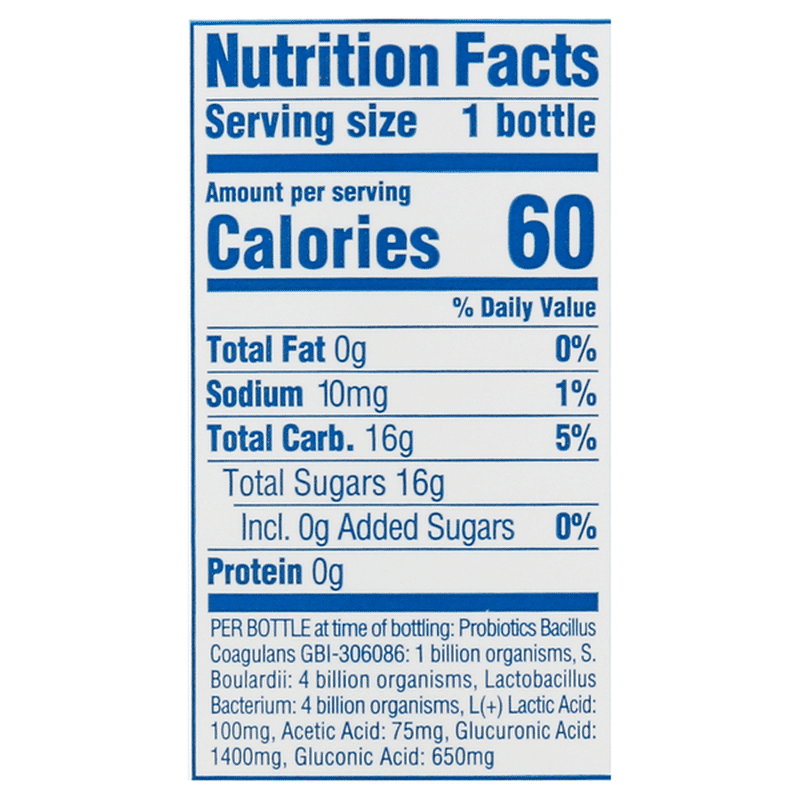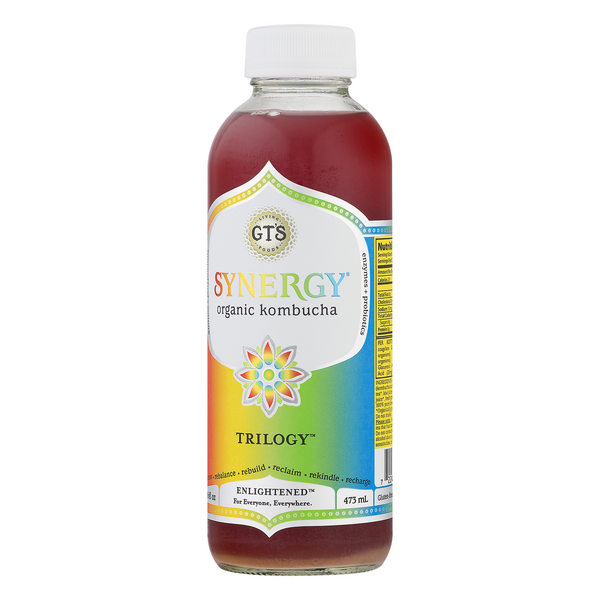

When consumed in excess, added sugars - especially from sugar-sweetened beverages - can negatively impact your health in a number of ways.įor example, sugar-sweetened beverages have been linked to an increased risk of diabetes, obesity, fatty liver and heart disease ( 15, 16, 17, 18).ĭepending on the brand, just one serving of kombucha can contain as much as 28 grams of sugar, the equivalent of 7 teaspoons (19). While this may make kombucha taste delicious, it increases the sugar content of the beverage. Many kombucha drinks are sweetened with fruit juice or cane sugar to make the product more appealing to customers.

Consuming too many high-calorie drinksĬan contribute to weight gain and may take the place of nutritious foods. Plus, calorie-laden beverages often take the place of more filling, nutritious snacks that can help you feel fuller for longer.įor example, a healthy snack of a slice of Ezekiel toast topped with a hard-boiled egg and 1/4 of an avocado has the same calories as two 120-calorie kombucha drinks ( 7, 8, 9). This is because liquid calories are much easier to consume and less filling than calories from solid foods. People who frequently drink beverages high in calories are more likely to be overweight or obese than those who don’t ( 6).

Sipping an occasional kombucha drink won’t hurt your waistline, but drinking kombucha daily may contribute to excess calorie consumption, which can lead to weight gain. While some are low in calories, others can have up to 120 calories per bottle (5). There are many different kinds of kombucha available to consumers.


 0 kommentar(er)
0 kommentar(er)
